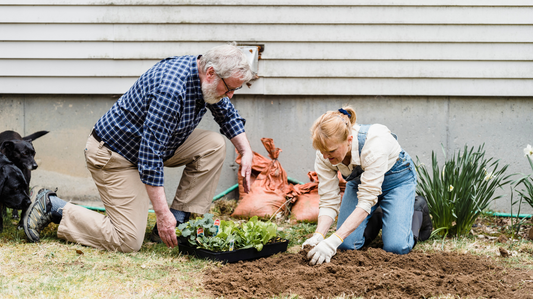Why Regular Breast Cancer Screenings Matter for Older Adults
Why Regular Breast Cancer Screenings Are a Must for Older Adults
October is Breast Cancer Awareness Month, a month focused on education, early detection, and breast cancer survivors' support. Although public education campaigns are usually oriented toward younger women, it's equally as important to bring attention to the risks and screening needs of older adults — particularly seniors 60 and older.
Why Seniors Need to Stay Vigilant
Risk of breast cancer increases with age. In fact, most breast cancers occur in women over 55. Even in postmenopause years, routine screening is still required due to changes in hormone levels, tissue density, and the immune system that can all contribute to cancer.
Too many times, seniors believe screening is not necessary after a certain age — but physicians do not share the same opinion. Provided an older individual is in good health and can tolerate any subsequent treatment, mammograms and breast exams continue to be essential to early discovery.
How to Check and When
Mammograms:
- Women aged 50 to 74 must receive a mammogram every two years, advises the U.S. Preventive Services Task Force.
- For women 75 and older, talk to your doctor about a personalized schedule for screening since individual health and family history are important considerations.
Clinical Breast Exams:
- Elderly women can request their doctor to perform a breast examination as part of regular checkups. It is a painless, easy way to pick up on abnormal changes.
Self-Exams:
- Although breast tissue does become less dense with age, elderly women can also employ routine monthly self-exams. Look for lumps, skin dimpling, discharge from the nipple, or persistent pain.
-
If mobility or dexterity is limited, healthcare workers or caregivers can help monitor for gross change. -
Recommendations for Older Adults and Caregivers
Document all check-ins and physician visits to monitor for long-term change. -
Talk with your doctor about medications, as some medications affect breast tissue or hormone levels. -
Healthy lifestyle: balanced diet, gentle exercise, and not excessive drinking can decrease risk. -
Speak up about symptoms — even minute or painless changes must be mentioned to a medical professional.
The Bottom Line
Breast cancer does not wait for age, and neither should prudence. Frequent check-ups, monitoring of body changes, and open communication with health care professionals can spell a world of difference. This October, let us remind our older loved ones that early detection is still the best defense — regardless of age.



